Strolling the streets and passageways of our favorite hill towns of Tuscany gives one the sense of historic wonder and present-day commercialism at the same time.
It is an astounding feeling to realize that you are standing on cobblestone streets that were chiseled out and carefully placed by workers centuries ago while peering in windows filled with displays of fashion and high tech gadgets of the 21st century. We indeed live in a privileged time.
My wife and I love the country of Italy perhaps more than anywhere else on this earth. It holds onto one of earths sweetest cultures and preserves history formed during the highest and lowest phases of human history.
The couple of weeks we recently spent traversing the hilltop towns of Umbria and Tuscany are often the topic of our conversations. Here are three of our favorites.
San Gimignano:
This little hilltop gem is among our favorite hill towns of Tuscany. It can be observed for miles away with its many towers reaching to embrace the sky. After a winding traverse from the valley floor past vineyards and wineries, you arrive at San Gimignano. It is intriguing to observe the wild capers growing from the crevices in the rocks of the ancient city walls.
Deposited by the wild birds, the residents harvest them to incorporate in their traditional cooking.
The historic center of San Gimignano is a UNESCO World Heritage Site. Today’s wishing well, yesterday’s cistern, is the inspiration for the name of this ancient town center, Piazza della Cisterna.
The town has retained its feudal atmosphere and appearance and is perhaps best known for its tower-homes built by aristocratic families between the 11th and 13th centuries to showcase their wealth. Sadly, only 14 of the more than 70 towers remain today.
Strolling the streets at a leisurely pace allows one to take in the array of shops and galleries, restaurants and variety stores.
Be sure to walk to the edge of town and peer beyond the walls for a spectacular view of the landscape stretching out below.
Montalcino:
Montalcino is another favorite hill towns of Tuscany. It is set within a full circle of fortified walls and watched over by the mighty medieval castle of Rocca di Montalcino or The Fortress of Montalcino. The castle was built by Mino Foresi and Domenico di Feo in 1361.
Climb the steps and investigate the fortress, walk its ramparts, there’s a splendid view from the top.
- Rocca di Montalcino was built in 1361
- Views of Tuscany as seen from Montalcino
Visit Enoteca la Fortezza, located in the Fortress and one of the first wine shops in Montalcino. Enjoy a light lunch and pairing with Brunello wines.
Brunello Wines
The town has become famous for its Brunello wine, one of the world’s best and most appreciated Italian vinos. In the mid 1800’s, Clemente Santi discovered that certain plantings of Sangiovese grapes could produce a 100% varietal wine. In 1888 Ferrucco Bondi Santi, Clemente’s grandson, invented the modern-day formula of Brunello wine. Today, more than 120 producers make some 3.5 million bottles a year across the region’s 3,000 acres.
When you are in Montalcino be sure to stop in at “Caffè Fiaschetteria Italiana 1888,” the creation of Ferruccio Biondi Santi, inventor of Brunello.
It is a refreshing sidewalk café that has been visited by poets and painters, international sportsmen and statesmen, prime minister Jean Chretienne of Canada and Prince Charles of England have been honored guests at Caffè Fiaschetteria .
Be sure to enjoy one of their fine Brunello wines, just so you can say you did.
From our table, I looked across Piazza del Popolo and captured this photo of the historic clock tower of Montalcino.
As we walked the streets we ducked in and out of many of the local artists shops. We purchased several gifts in this overflowing artisan work shop famous for its hand-dyed ceramics.
Meeting the artist, Signore Andreucci, and having him take the time to explain the graphics on his pieces was both pleasure and privilege.
Cortona is popular among hill towns of Tuscany
The town of Cortona is a bustling hill-top city in Tuscany, a center of constant activity . Encircled with historic stone walls built by the Etruscan people near the end of the 5th century it is replete with shops, temples, taverns and inns.
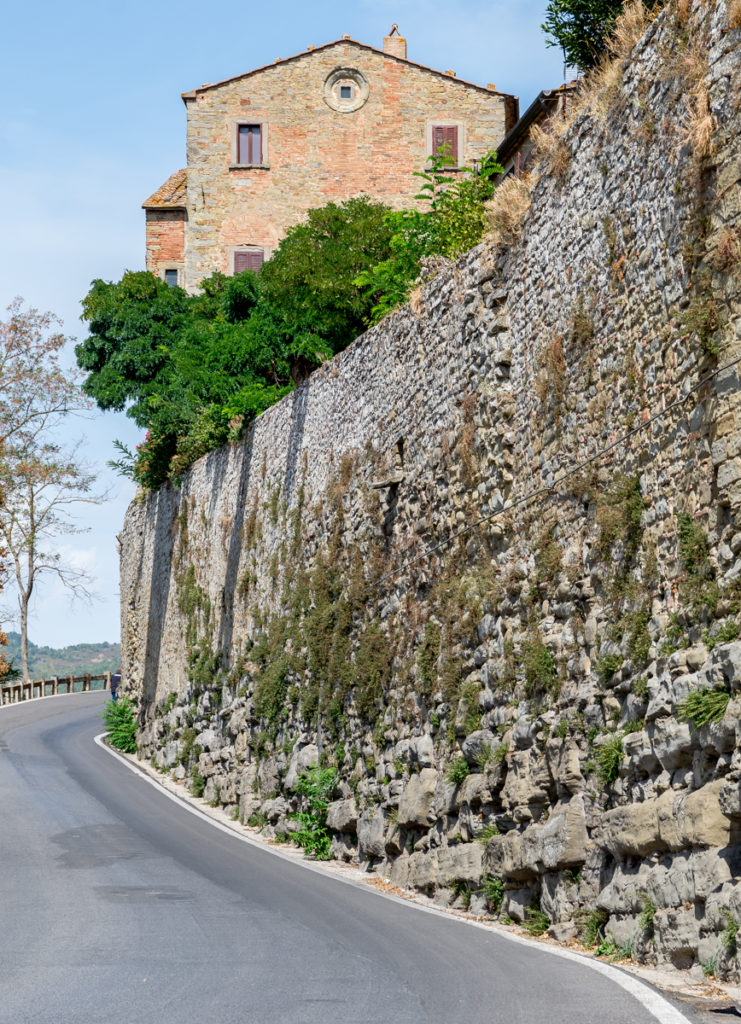
The walls surrounding the city of Cortona, Italy were built by the Etruscans around the end of the 5th century.
We entered the city from the south side and began our sojourn in the public gardens. We strode past the charming park fountain. If you are looking for the fountain seen in Under the Tuscan Sun, save your time, it was a movie prop dismantled shortly after the movie was filmed.
Stop and admire the bronze WWII memorial statue by Delfo Paoletti.
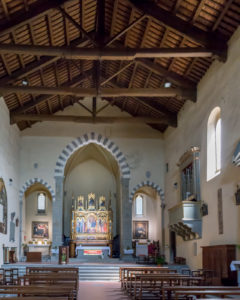
Lorenzo di Niccolò di Martino, Altarpiece of The Coronation of the Virgin with saints, 1402 is the central peice in the Church of San Domenico, Cortona.
Then enter the Church of San Domenico, one of the often-overlooked churches in Cortona. It features a beautiful altarpiece by Lorenzo di Niccolò di Martino, depicting the Coronation of the Virgin, the Annunciation, the Crucifixion, and other scenes.
This piece was originally commissioned in 1402 for St. Mark’s Cathedral in Venice, however, in 1440 it was removed by Cosimo and Lorenzo de’ Medici and donated to San Domenico in Cortona. Be sure to look up and admire the hand-crafted timber roof.
History pops as you make your way down the main streets of Cortona, on every side there are alleys and passageways leading to quaint shops, gastronomical delights, and displays that detain the eyes.
Step through the ancient stone archway and venture a few feet down the rock alleyway for a visit with Ivan in Il Pozzo Galleria D Arte. Ivan will give you a tour and help you acquire authentic Italian keepsakes, weather photography, leather goods, watercolors, or even old maps.
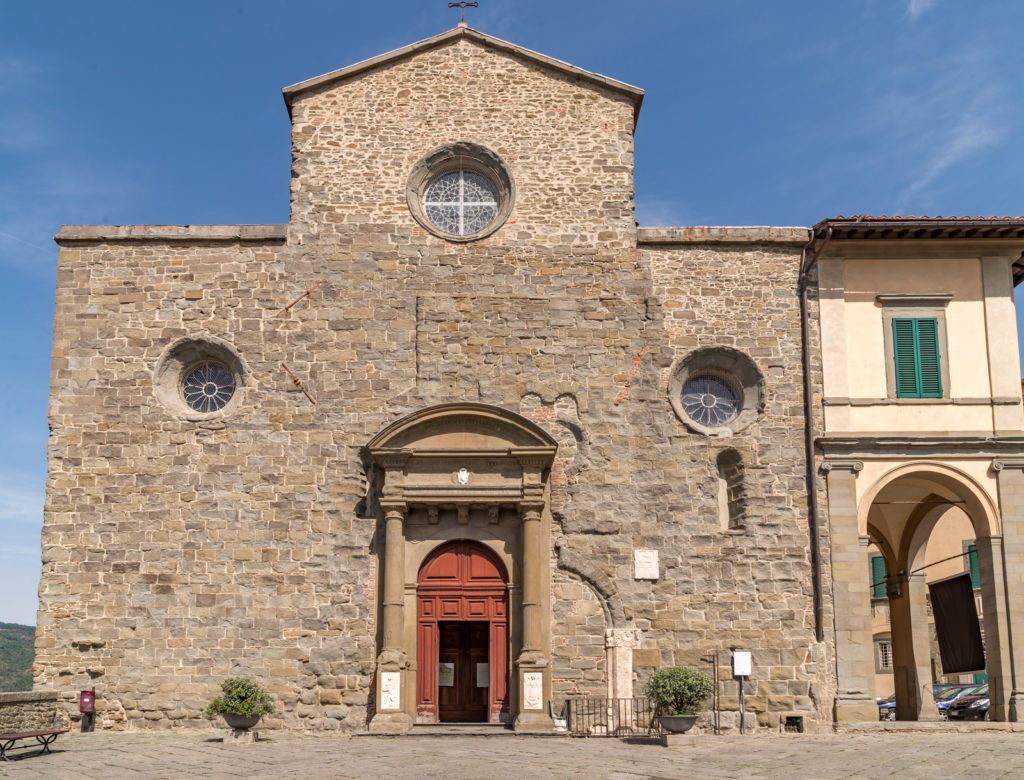
Cortona Cathedral (Italian: Duomo di Cortona,) is built over the remains of an ancient Roman temple in the 11th century.
Bumble and rumble along until you reach the north east corner of Cortona and find the Cortona Cathedral. Tour the facility, sit for a spell on the steps. Walk to the wall, gaze over and feast your eyes on Cimitero della Misericordia or The Cemetery of Mercy. One of the qualities that makes the Italian culture so endearing is the love and respect they have for their dearly departed.
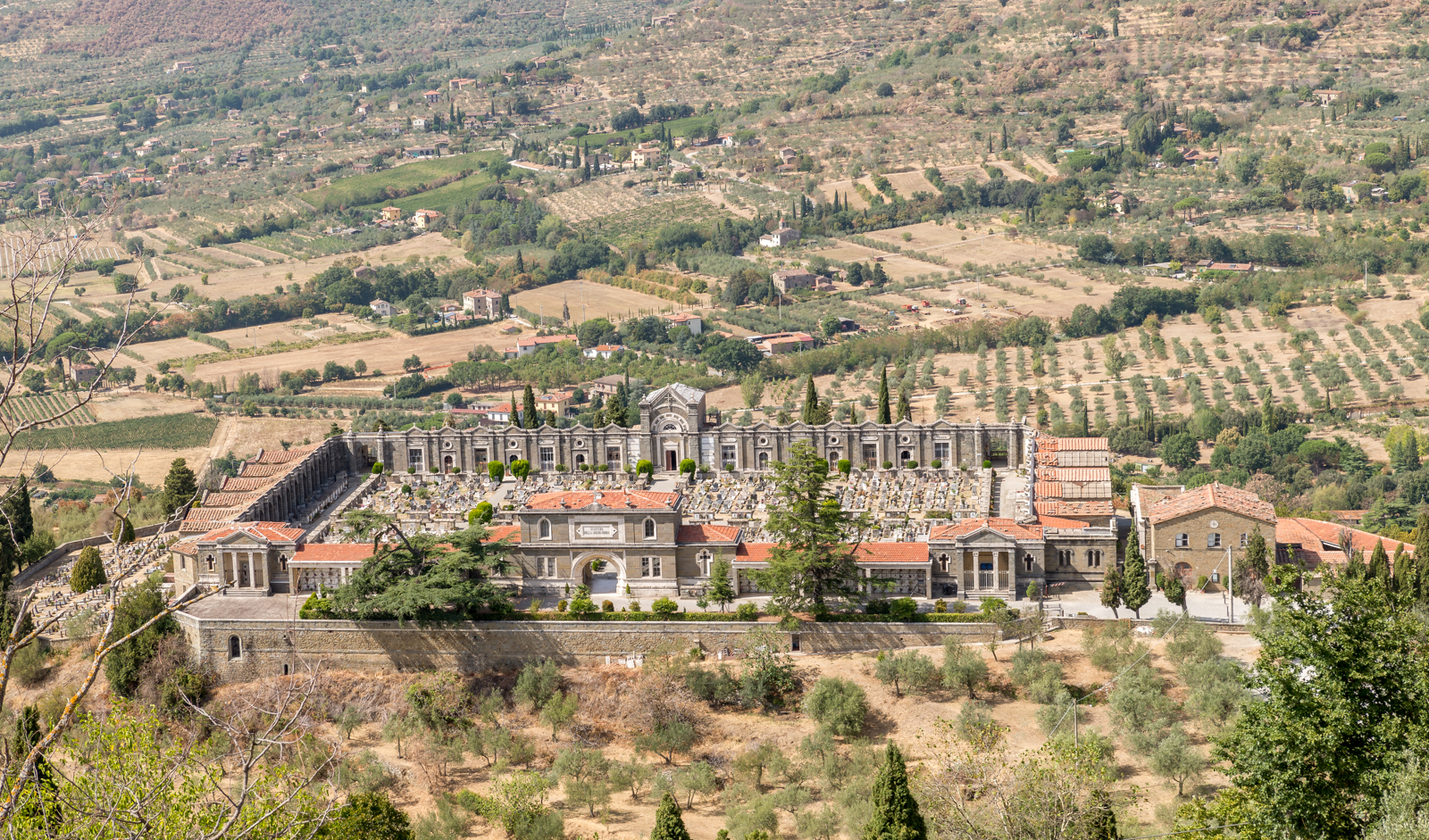
Cimitero della Misericordia or Cemetery of Mercy is below the northeast end of the hill town of Cortona, Italy
Cortona is a town that needs extra time to explore. It houses wonderful museums, churches, restaurants, and represents a remarkable continuation of a vibrant tradition. From every vantage point it is a charming town with panoramic views of the countryside below.
Sienna (you can read my article published in Travel Thru History at: Sienna’s Cathedral of Santa Maria Assunta,) Montepulciano, Pienza, Volterra, Monteriggioni, Pitigliano, and the list goes on. Tuscany’s hill-towns keep us coming back, the people draw us in.
I would love to here from you, leave your comments, questions or suggestions below.
Follow us on social media!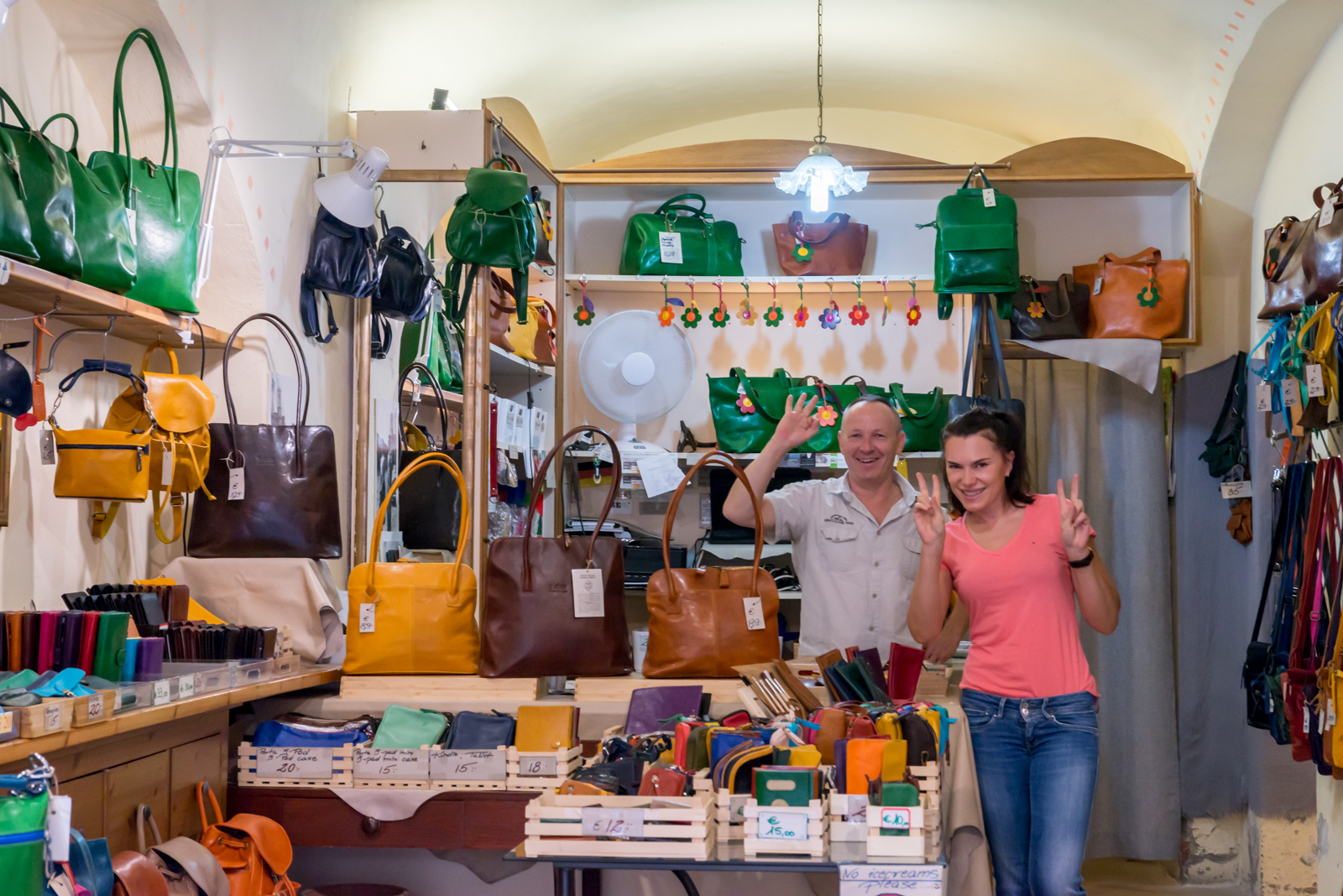
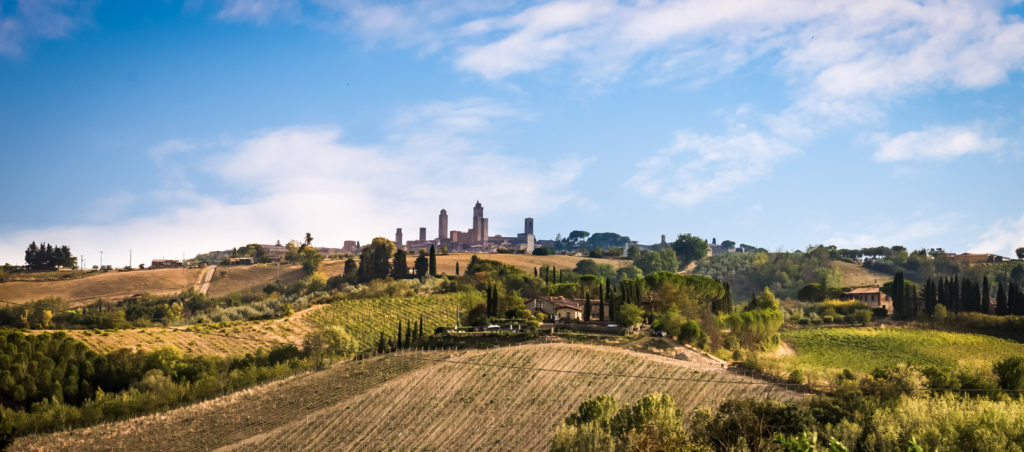

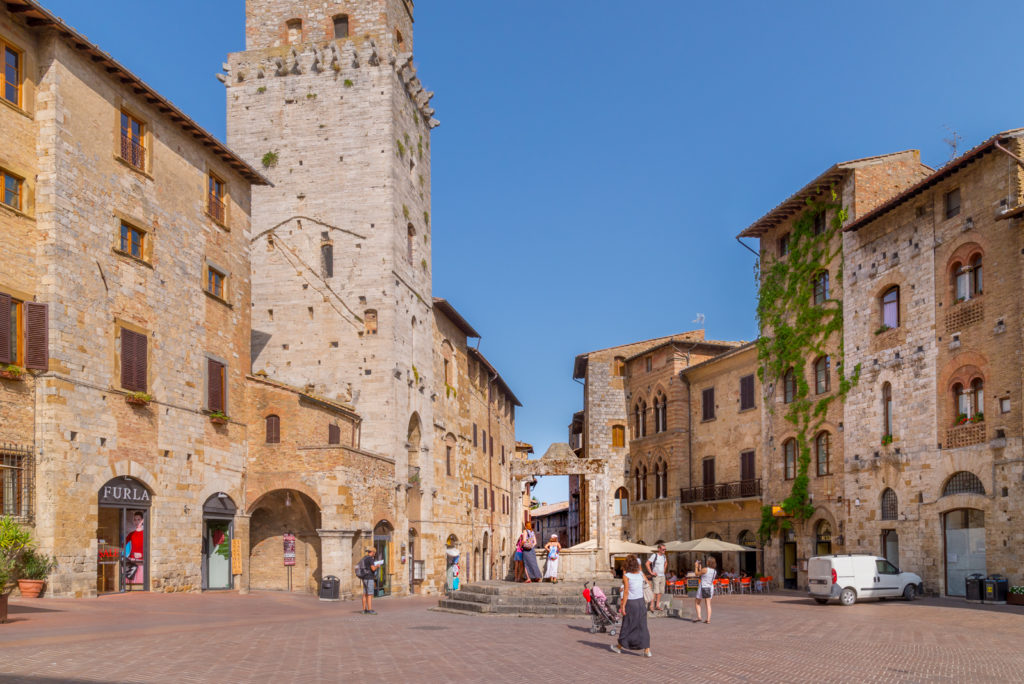
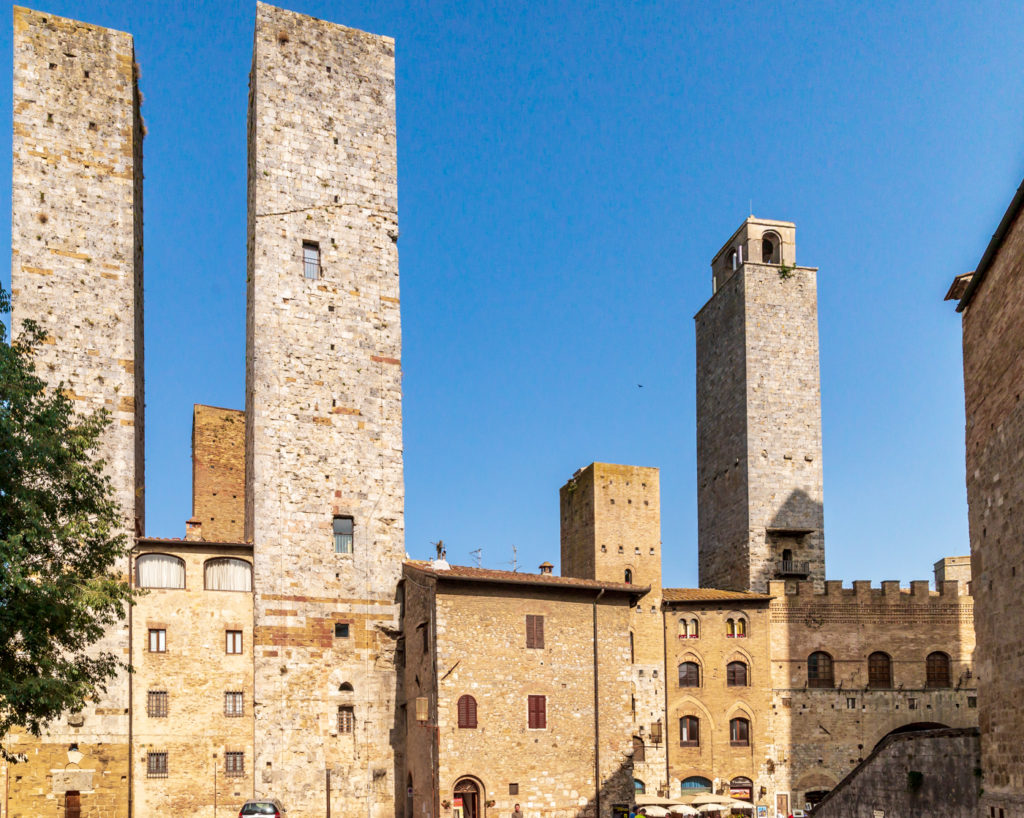

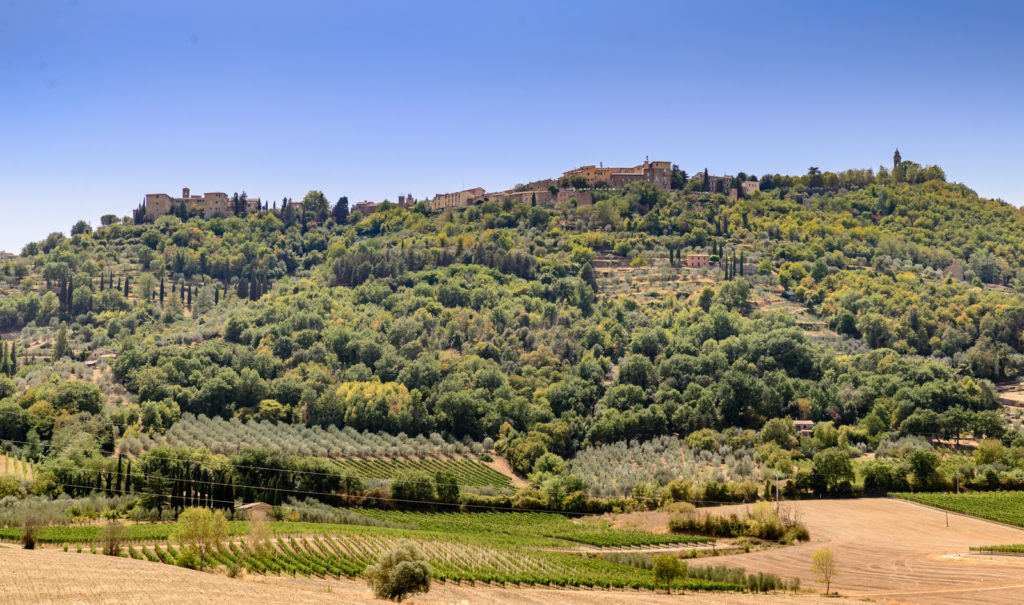

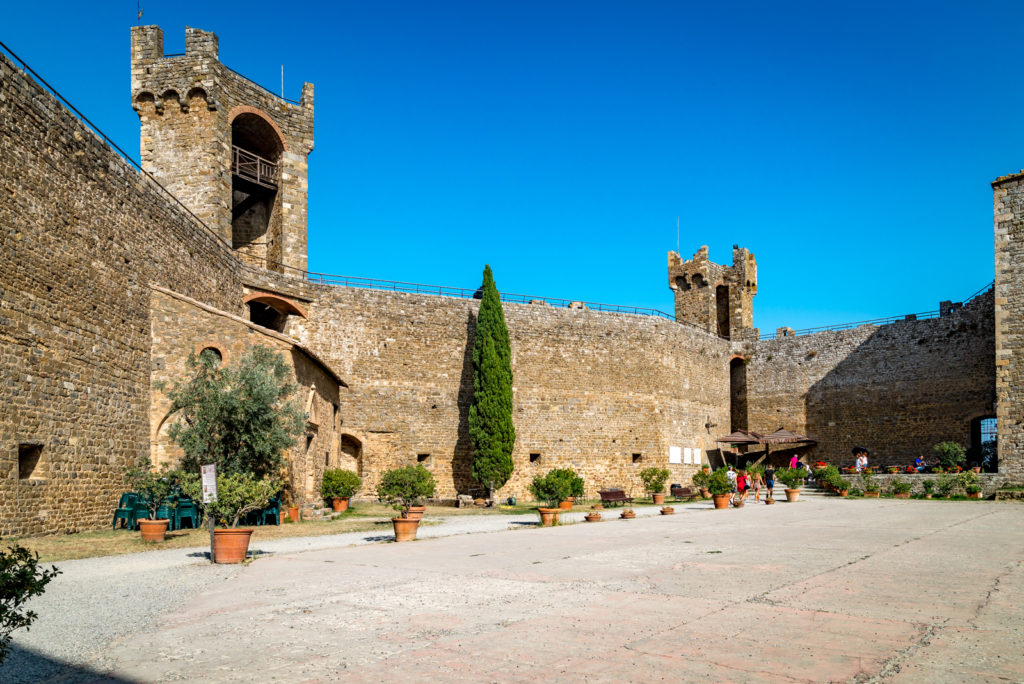
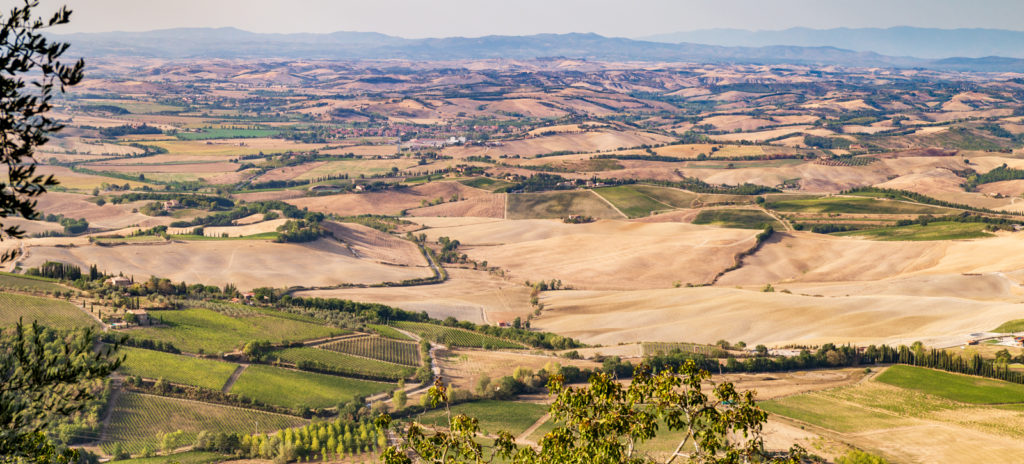
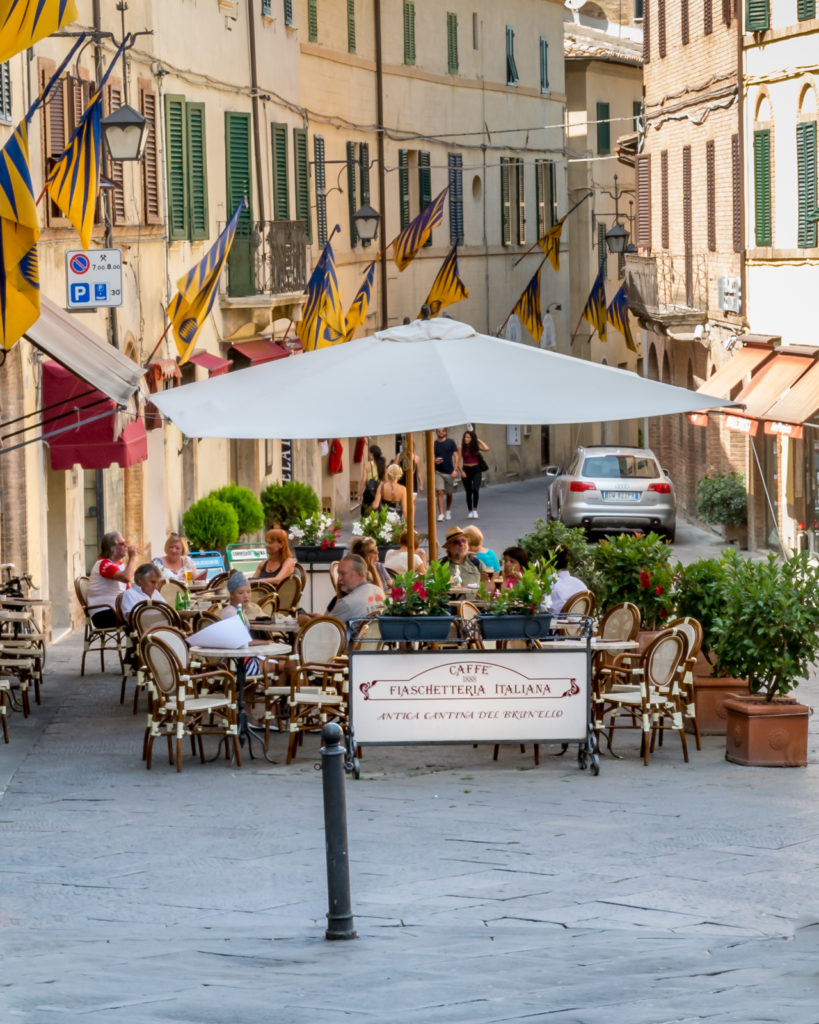
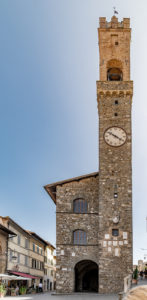
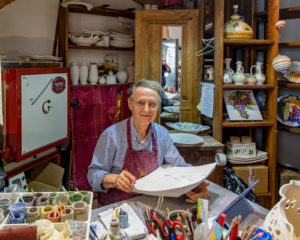
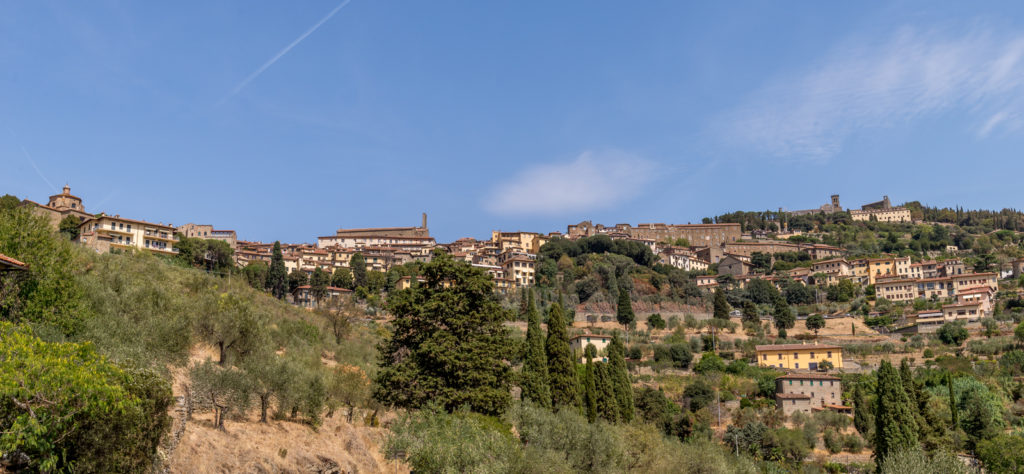
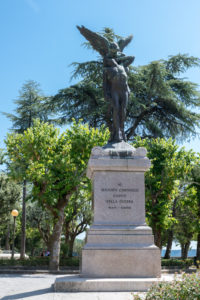
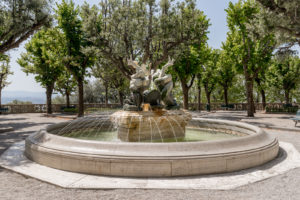
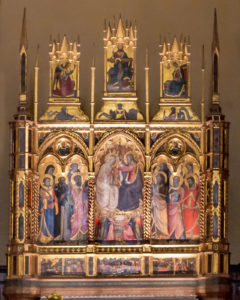
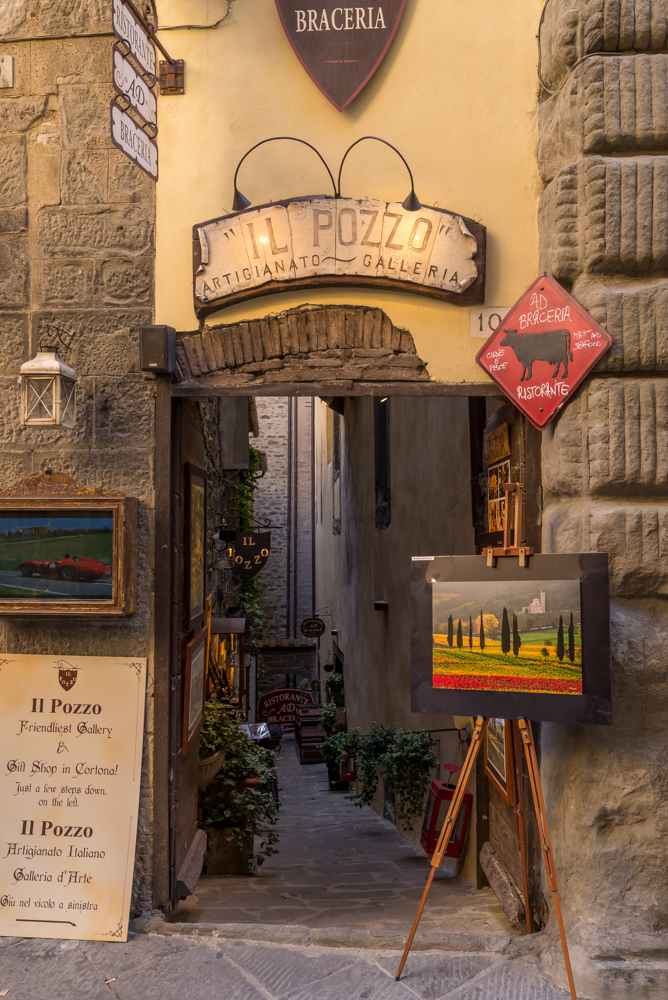

Love the article. Thank you for sharing.
Marissa,
Thank you for your vote of confidence.
Ron
Fantastic photos & I go! I have visited these places and am certainly wanting to return again. Spectacular people & food & history & people.